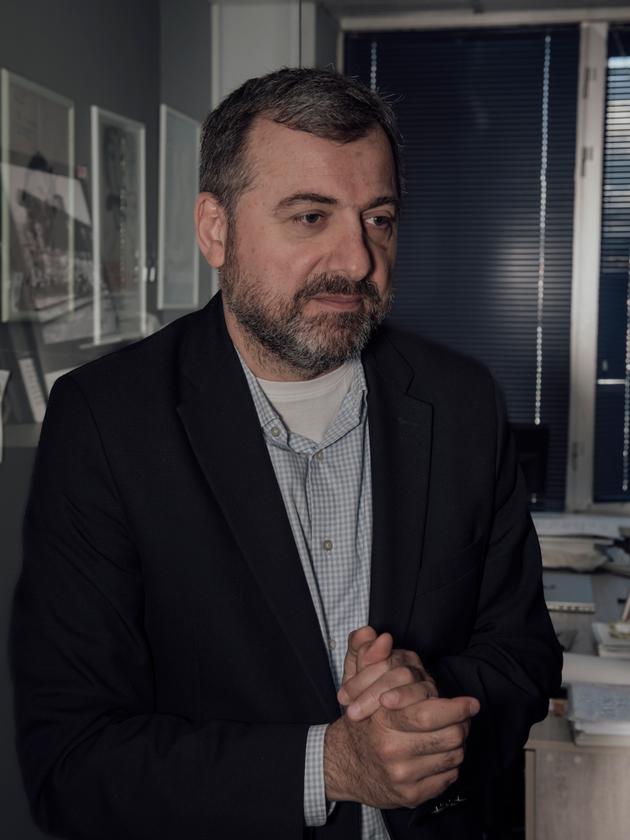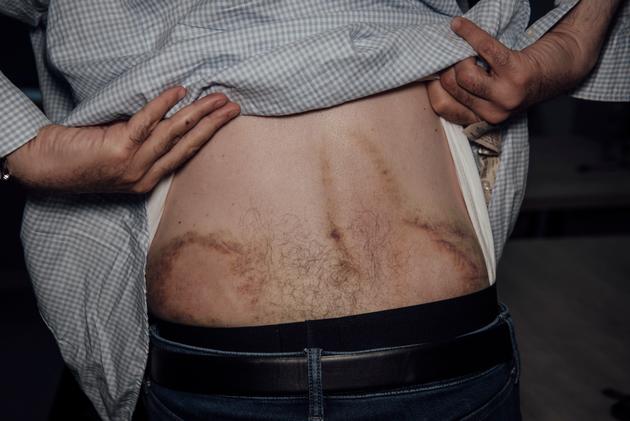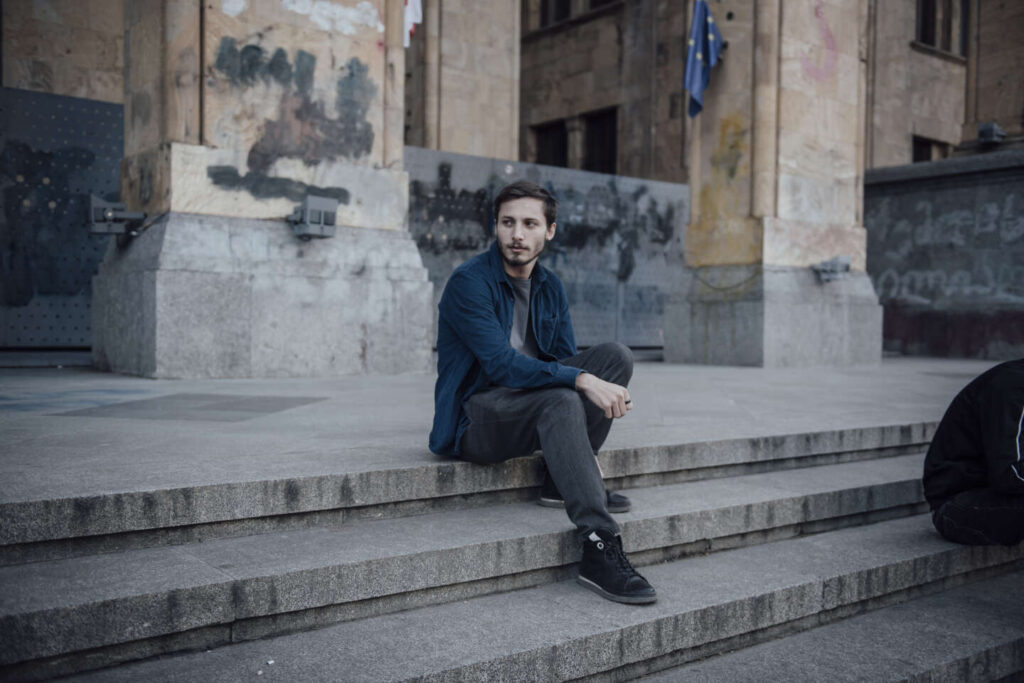It all started with a strange phone call. At 4 a.m. on May 8, Gia Japaridze, a professor at the University of Georgia in Tbilisi, received a phone call from Chad. “I'm going to kill you, you bastard! Are you against this law? Then you're going against Georgia's values!” The professor blocked the number. An hour and a half later, he received another call from another foreign number with insults and death threats. The next evening, on his way home, three men attacked him with bats. “They were attacking me from all sides,” said Japaridze, 50, a former ambassador and younger brother of a small opposition leader. “I thought I was going to die.”
On the same day, three other celebrities were also beaten. All publicly opposed the bill, which passed Congress on May 14. The bill was modeled on a Russian law aimed at silencing civil society and independent media in former Soviet republics in the Caucasus. Their bloody and swollen faces became a hot topic on social media. Others were assaulted in the days that followed, including David Katsalava, a leader of the Power is in Unity movement, which opposes Russia's occupation of South Ossetia and Abkhazia.




when Le Monde When I met Professor Japaridze 10 days after the attack, his eyes were still bruised and his body was covered with large bruises. He still receives threatening phone calls three to five times a day, as do his relatives. “My sick 80-year-old mother received a call in the middle of the night and was told that her son is trying to destroy the country! What we are experiencing now is worse than in the Soviet era,” the professor said in shock. “We are being beaten by small criminal gangs, we are receiving a large number of threatening phone calls to our opponents and their relatives, even to our 11-12 year old children – it's unheard of.” Since the attack, the professor does not travel without a bodyguard. “I'm not the only one who had to hire a bodyguard. Many people do the same – opposition leaders, members of NGOs. It's becoming very difficult to find a bodyguard.”
“We are becoming like Russia.”
During the demonstrations, there were threats and assaults, as well as numerous arrests. According to the Young Lawyers Association, between April 15 and May 15, 189 people were arrested for “hooliganism” and 173 for “disobedience.” In a joint statement, 15 NGOs condemned the “excessive use of force” and “mass arrests, inhumane treatment and persecution” against “peaceful” protesters.
“This is the first time I've seen anything like this,” marveled lawyer Rasha Tokeladze. “The government is at war with its own people.” Soon after the Foreign Influence Bill returned to parliament in April, Tokeladze founded a group of volunteer lawyers to represent protesters. “If the government reintroduces this bill, [which was dropped under pressure in March 2023]”We had to act quickly because it will be even worse than last year,” Tokecheradze noted. “Filing a lawsuit is just a formality. Young people are not fooled and they know very well that justice cannot be achieved because our country is not independent. The four judges are under US sanctions,” Tokecheradze noted. “But filing a lawsuit is necessary for a subsequent appeal to the European Court of Human Rights.”
You still have 55.05% of this article to read. The rest is exclusive to our subscribers.


